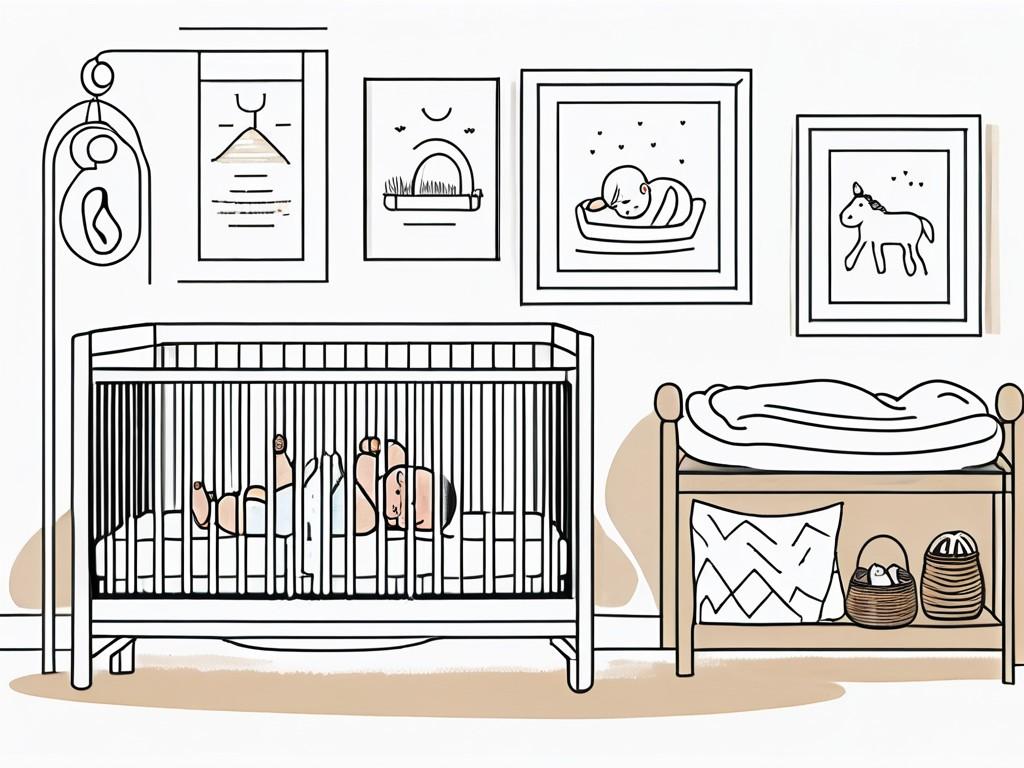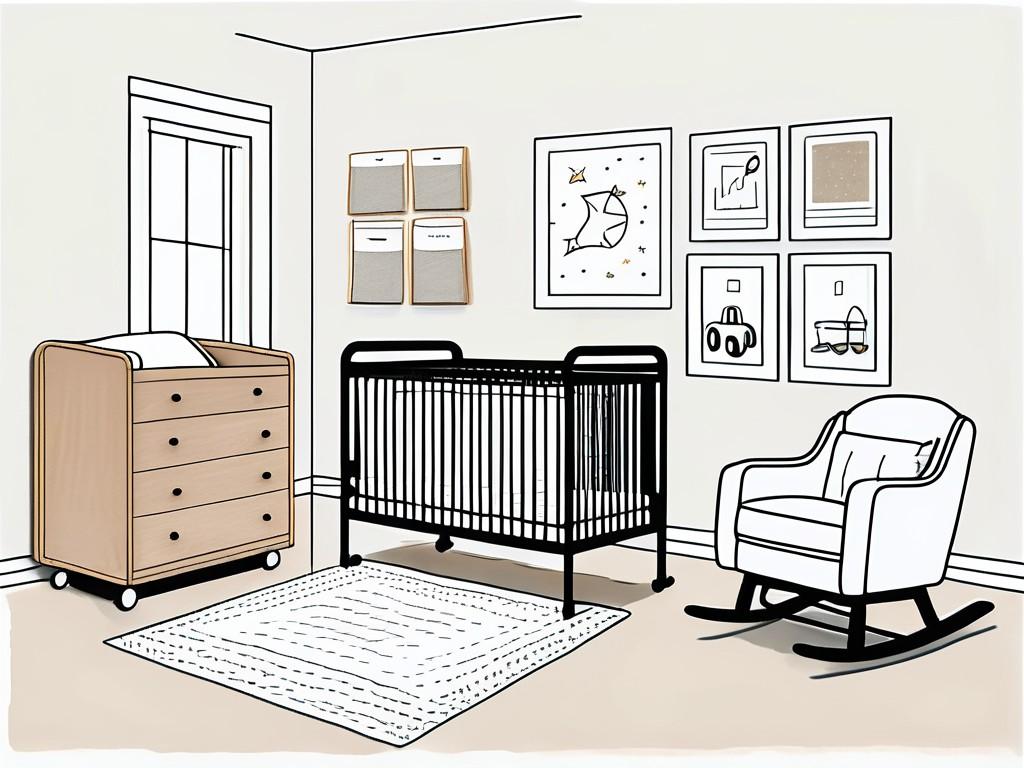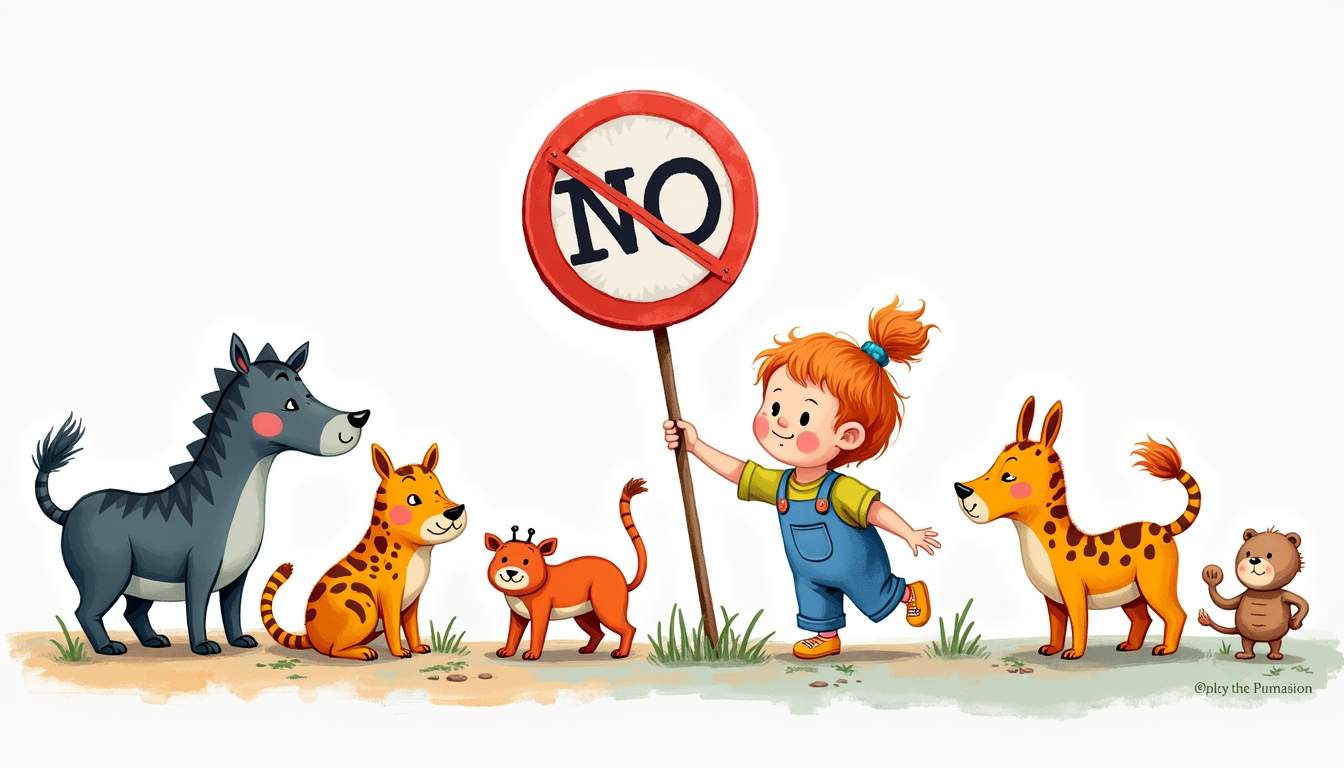Bringing a newborn into the world is an emotional and joyous occasion, often accompanied by a desire to share this miracle with family and friends. However, understanding the right moment to introduce visitors to your newborn is essential. It involves considering many factors, including the baby’s immune system, health conditions of potential visitors, and expert advice from pediatricians. This article will explore critical aspects of introducing visitors to your newborn in a safe and healthy manner.
Understanding Newborn Immunity
Newborns are particularly susceptible to infections due to their immature immune systems. When discussing the safety of introducing visitors, it is crucial to comprehend how newborn immunity functions and the factors influencing it.

The Vulnerability of Newborns
A newborn’s immune system is not fully developed, making them vulnerable to various infections, including respiratory illnesses and gastrointestinal viruses. This lack of robust defenses means that exposure to potential pathogens from visitors can pose significant health risks.
Moreover, babies are often born with maternal antibodies passed through the placenta, but these antibodies do not cover all possible pathogens. On top of that, babies have a limited ability to develop their immune responses during the initial months. Therefore, the first few weeks of life are a critical time in terms of safeguarding their health.
In addition to their physiological vulnerabilities, newborns also experience a unique environment that can influence their exposure to pathogens. For instance, the transition from a sterile womb to the outside world introduces them to a myriad of bacteria and viruses. This exposure is a natural part of their development, but it must be carefully managed. Parents and caregivers should be aware of common sources of infection, such as crowded places or even well-meaning friends and family members who may unknowingly carry germs. Practicing good hygiene, such as frequent handwashing and minimizing close contact with sick individuals, is essential in protecting these fragile infants.
The Importance of Timing in Introducing Visitors
The decision to introduce visitors to your newborn should heavily depend on timing. Recognizing critical periods for your baby’s health can ease concerns and help create a safe environment for interaction.
The First Few Weeks: A Critical Period
The first few weeks following birth are often seen as a vulnerable time for newborns. During this period, many parents choose to limit external interactions to protect their babies from exposure to illnesses. Sleep schedules, feeding times, and parental recovery also play a role in the decision-making process surrounding visitors during this initial phase.
During these early weeks, parents should prioritize creating a nurturing home environment where their newborn feels safe, secure, and comfortable. This will help them adjust to their new surroundings without unnecessary stress from too much attention or potential exposure to infections. Establishing a routine can also be beneficial, as it allows parents to better manage their time and energy while ensuring that their baby receives the care and attention they need. Additionally, this period is crucial for bonding, as skin-to-skin contact and responsive parenting can significantly enhance the emotional and physical development of the infant.
Ideal Time for Introducing Visitors
Ideally, most newborn health experts recommend waiting until the baby is at least a month old before introducing visitors. By this age, parents can ensure that their infant has started to strengthen their immune system through maternal bonding and has begun to adapt to their new environment.
As time progresses and more vaccinations are administered, parents may feel more comfortable welcoming family and friends into their homes. Strategies for introducing visitors gradually can help ease the transition while maintaining the baby’s health as a priority. For instance, parents might consider scheduling short visits with close family members first, allowing them to observe how their baby reacts to new faces and voices. This can also provide an opportunity for the parents to communicate their preferences regarding hygiene practices, such as handwashing and avoiding close contact if anyone is feeling unwell. By establishing these boundaries early on, parents can foster a supportive atmosphere that prioritizes their newborn’s health while still enjoying the joy of sharing their little one with loved ones.
Factors to Consider Before Allowing Visitors
Before allowing visitors, several factors should be taken into account to ensure the health and safety of your newborn. It’s essential to assess both the visitors and the condition of your baby before making any decisions.

Health Status of the Visitors
One of the most critical factors is the health status of the visitors. Potential visitors should be asked about any recent illnesses, even minor cold symptoms, before entering your home. Visitors should refrain from visiting if they are feeling unwell or have been exposed to contagious illnesses, as even mild ailments can pose a risk to a newborn’s fragile immune system.
It is important that visitors are current on their vaccinations, including the flu and whooping cough vaccines, as these can be particularly harmful to newborns. Parents might consider having a discussion with each visitor to create an understanding of the expectations and health protocols necessary to protect the baby.
The Baby’s Health Condition
The overall health condition of the baby is a significant consideration when determining who and when to introduce visitors. If your newborn has been diagnosed with any health issues or has exhibited any signs of illness, it’s prudent to avoid introducing visitors during this time.
Regular health check-ups with a pediatrician can also provide guidance on when it is suitable to welcome visitors based on the baby’s ongoing health development. Parents should always trust their instincts—if something feels off, it might be better to err on the side of caution.
Setting Boundaries for Visitors
Once you decide to introduce visitors, setting clear boundaries becomes essential to ensure your newborn’s well-being. Establishing protocols around visits can help manage expectations while prioritizing the baby’s health.

Implementing Hygiene Protocols
Implementing hygiene protocols should be a top priority when introducing visitors to your newborn. Simple measures like handwashing upon entry, using hand sanitizer, and wearing masks if visitors have been unwell can significantly reduce the risk of exposure to germs.
Parents may also consider creating a designated space in the home for visits. This area can be maintained with fresh linens and sanitized items, providing a clean and safe environment for the baby while allowing parents to manage visitor interactions.
Limiting Visitor Time
Limiting the amount of time visitors spend with your newborn is also advisable. Short, structured visits can help maintain a calm environment for both the baby and the parents. For instance, setting a time limit of 30 minutes to an hour can prevent overwhelming the baby and allow the parents to rest between visits.
This approach allows for opportunities to bond without creating undue stress for the newborn or the parents. Communication with visitors about these limitations can foster understanding and respect for the family’s needs during this delicate time.
The Role of Pediatrician’s Advice
Seeking advice from a pediatrician is invaluable in determining the right times and protocols for introducing visitors to your newborn. Pediatricians can provide tailored guidance based on the infant’s health and family dynamics.
When to Seek Medical Advice
If there are any concerns regarding a visitor’s health, or if the baby appears unwell, consulting a pediatrician is essential. This professional insight can equip parents with the necessary tools to navigate the complexities of introducing visitors.
Regular well-baby visits during the first few months can also facilitate discussions about visitor protocols, helping parents feel more secure in their decisions.
Following Pediatrician’s Guidelines
Finally, adhering to the pediatrician’s guidelines regarding visitors, vaccinations, and newborn care can provide peace of mind. By following their recommendations, parents can create an informative and safe environment for their newborn.
In conclusion, introducing visitors to your newborn is an important decision that requires careful consideration and planning. By understanding newborn immunity, recognizing the significance of timing, evaluating various factors, setting boundaries, and leaning on pediatric advice, parents can ensure a safe and joyful experience for everyone involved.











